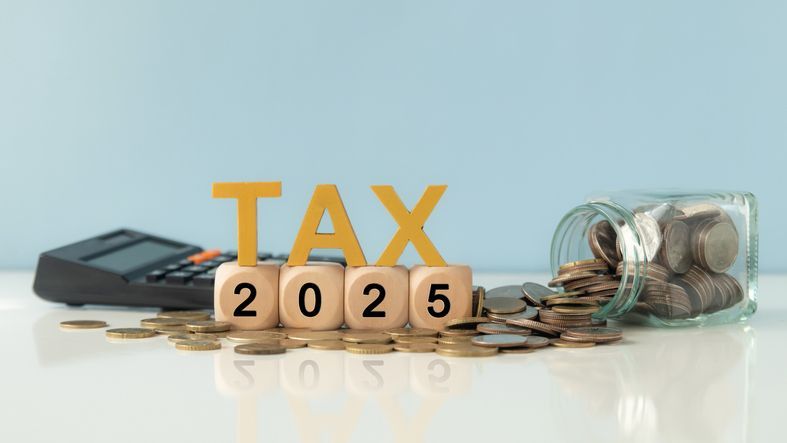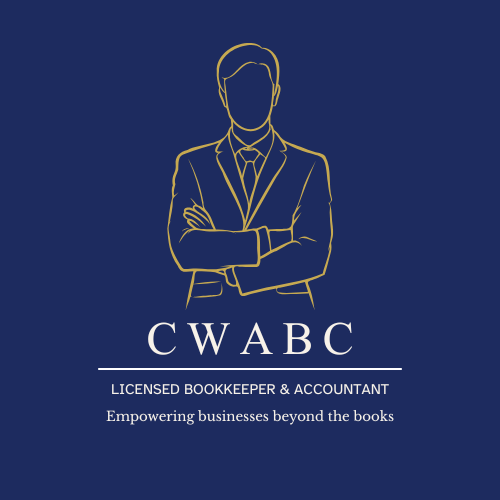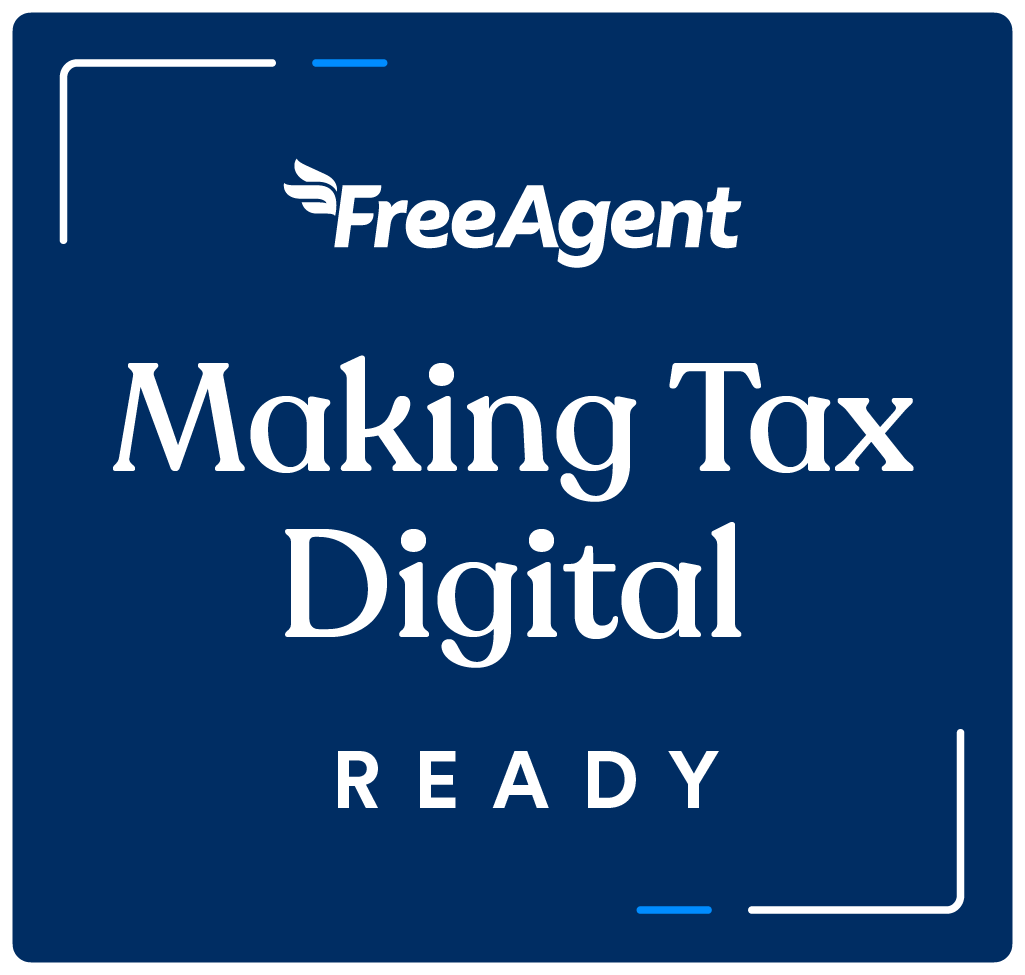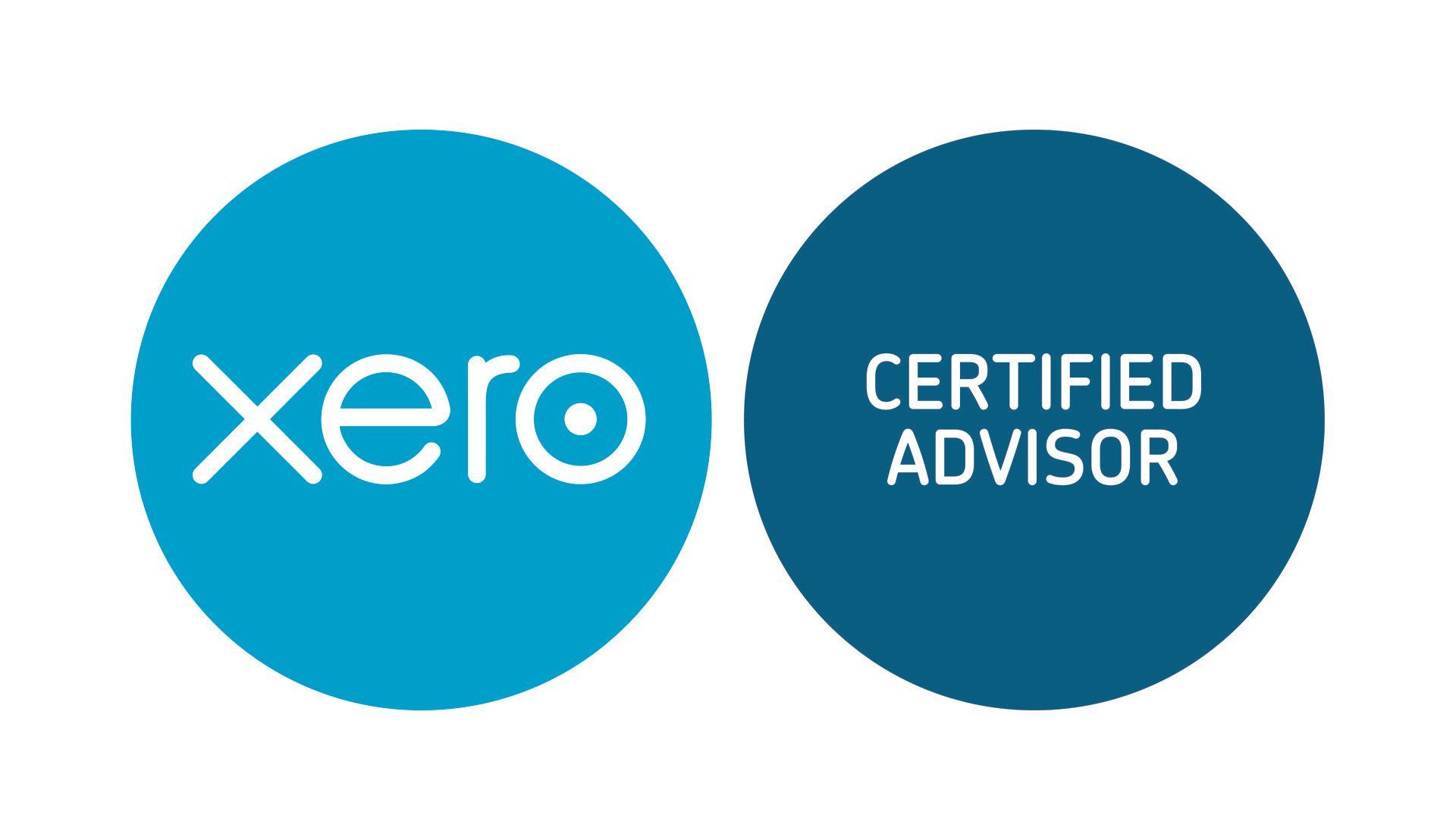Boost for Side Hustlers: Changes to UK Tax Rules and What They Mean for You

Introduction
The UK government has announced a major change in tax reporting rules that will benefit thousands of people earning extra income through side hustles. The threshold for filing a Self Assessment tax return is increasing from £1,000 to £3,000, meaning approximately 300,000 taxpayers will no longer need to submit a tax return. This change is designed to reduce administrative burdens and make it easier for individuals to manage their additional income.
So, what does this mean for you if you have a side hustle? Let's break it down.
Understanding the New Tax Rules
Previously, if you earned more than £1,000 from self-employment or side activities, you were required to file a Self Assessment tax return. Under the new rule:
- Earnings up to £1,000: No tax is due, and no reporting is necessary, thanks to the existing trading allowance.
- Earnings between £1,000 and £3,000: You will owe tax on the amount exceeding £1,000. However, you will no longer need to file a full Self Assessment tax return. Instead, HMRC is introducing a simplified online system for reporting and paying tax.
- Earnings above £3,000: A full Self Assessment tax return is still required.
This change is part of the government's efforts to modernize HMRC and streamline tax reporting, particularly for people earning small amounts on the side.
Who Benefits from This Change?
This new threshold primarily benefits individuals with small-scale side hustles, including:
- Selling goods on platforms like eBay, Vinted, or Depop.
- Providing freelance services such as graphic design, writing, or tutoring.
- Working in the gig economy through platforms like Uber or Deliveroo.
- Renting out personal assets, such as through Airbnb.
The government estimates that around 90,000 individuals within this group will owe no tax and therefore will not need to report their earnings at all. For those earning above £1,000 but below £3,000, the new simplified system will make tax payments easier and more efficient.
Why the Government is Making This Change
The government is aiming to reduce the administrative burden on both taxpayers and HMRC. By eliminating the need for thousands of small earners to file full tax returns, the new policy allows HMRC to focus its resources on higher earners and complex tax cases.
Additionally, this move supports the growing gig economy, making it easier for individuals to supplement their income without being bogged down by paperwork.
What You Need to Do
If you have a side hustle, here’s what you should consider:
- Review Your Earnings: Determine whether your total income from side activities falls within the new thresholds.
- Understand Your Tax Liability: If you earn between £1,000 and £3,000, keep track of your income and expenses so you can accurately report your taxable earnings.
- Stay Updated: HMRC will introduce a new online reporting system for those earning between £1,000 and £3,000. Make sure you understand how to use it once it becomes available.
- Seek Professional Advice: If you’re unsure about your tax obligations, consulting a licensed bookkeeper or accountant can help ensure compliance and optimize your tax situation.
Conclusion
The increase in the Self Assessment threshold to £3,000 is great news for side hustlers across the UK. This change will reduce paperwork, simplify tax payments, and make it easier for individuals to earn extra income without the stress of unnecessary filings.
However, tax rules can still be complex, and it’s essential to stay informed. If you have any questions or need assistance managing your finances, contact CW Licensed Bookkeeper & Accountant at info@cwabc.co.uk or call 07306 812321 for professional guidance.












